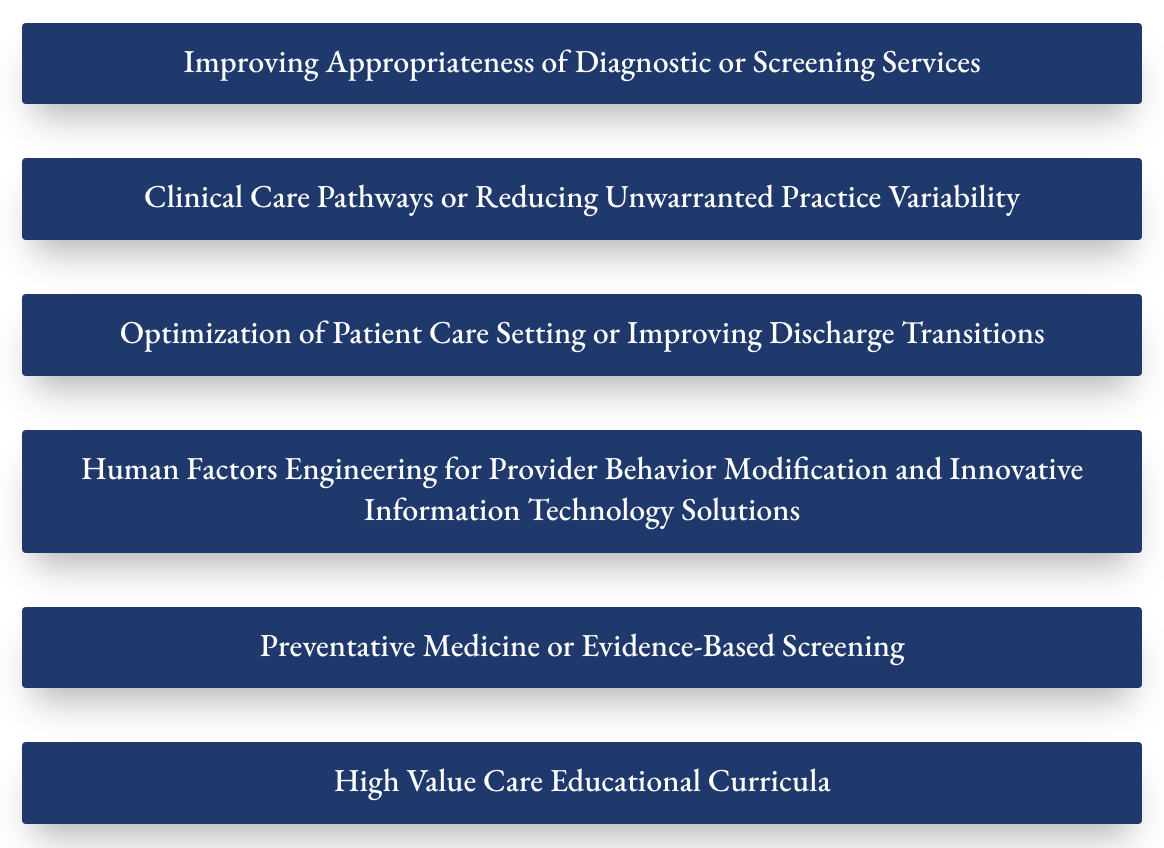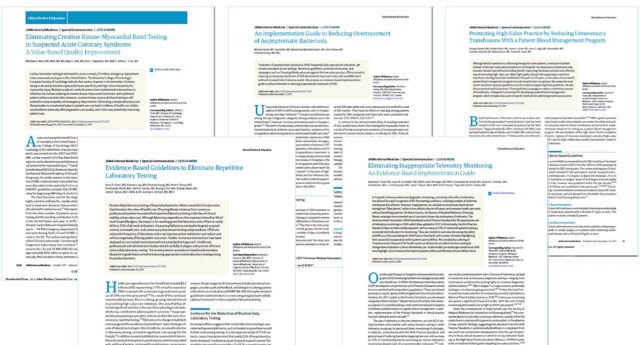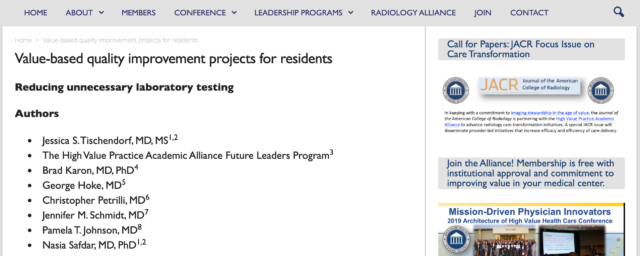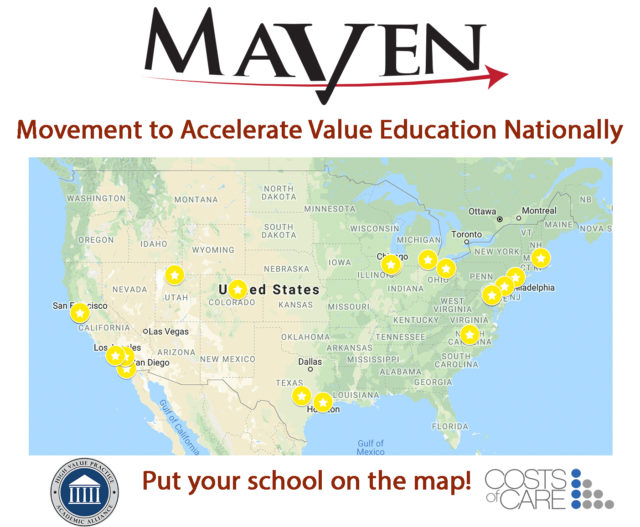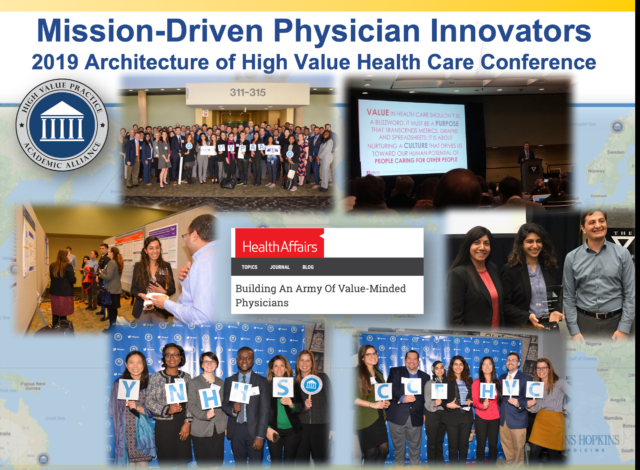From the 2022 HVPA National Conference
Noah Fanous BA (The University of Texas Health Science Center at San Antonio), Angelica Garcia BSA, Nicolette Mojica BSA, Shriya Das BS, Winona Gbedey BS, Drew Sanderson BS, Anna Perhach BS, Sanjana Reddy BS
Background
Value-based healthcare education empowers providers to make clinical decisions focusing on the outcomes that matter most to patients, while minimizing risks and costs. Unnecessary services are the largest contributors to waste, with overuse accounting for 30% of healthcare dollars. Physicians are thus ideally positioned to impact healthcare value.
Objective
Integrating VBHC curriculum in the Undergraduate Medical Education to provide future physicians with foundational knowledge and a value-based framework within which to consider healthcare decisions.
Methods
Leadership for the elective came from leaders of the Value-Based Health Care student organization as well as members of the American Board of Internal Medicine’s Students and Trainees Advocating for Resource Stewardship (ABIM STARS) program.
The elective was open to all medical students and consisted of 6 classes lasting 60-90 minutes. The sessions were based around core themes of value, costs, healthcare delivery, bedside manner, medical culture, and potential solutions. This time was broken down into sections that consisted of: “Prework” which was 1-2 modules from the Dell Curriculum (completed virtually before class), introduction and review of concepts, guest speaker presentations and open discussion and Q&A at the end of the class. Students were asked to voluntarily complete pre-course and post-course surveys using Qualtrics to provide their feedback.
Results
To date, 67 students completed the pre-survey and 41 completed the post-survey. In the pre-survey, 20 of 67 students (30%) were somewhat or extremely uncomfortable discussing costs of medications with patients, compared to 2% in the post-survey. 98% believe that physicians have at least a moderate responsibility to reduce healthcare costs. 12 of 67 students (18%) initially believed physicians should NOT think about cost when making healthcare decisions while only 1 in 41 (2%) believed this to be true by the end of the elective. At the beginning of the elective 69% of participants somewhat or strongly agreed they had the power to address the economic health crisis compared to 88% by the end of the course. 39 of 41 students are somewhat or extremely likely to recommend the elective to a peer.
Conclusions
Overall, our results indicate the Health Care Value elective is an effective learning tool. Students demonstrated a greater understanding of value-based care concepts, increased confidence in discussing costs of care with patients, and a broader understanding of the role physicians play in providing high-value, low-cost care.
A limitation of this analysis is a potential self-selection bias where those who learned the most from the elective were more likely to complete the post-survey.
Clinical Implications
The goal of VBHC is to improve health outcomes for patients over the full cycle of care. Creating a culture of value in a healthcare system starts at the student level. Trainees have opportunities to impact high-value care through education, research, and student-led initiatives and this impact continues on when they enter the workforce. As more cohorts of students trained in this curriculum enter medicine, we may see value-based care take more importance in the field.
